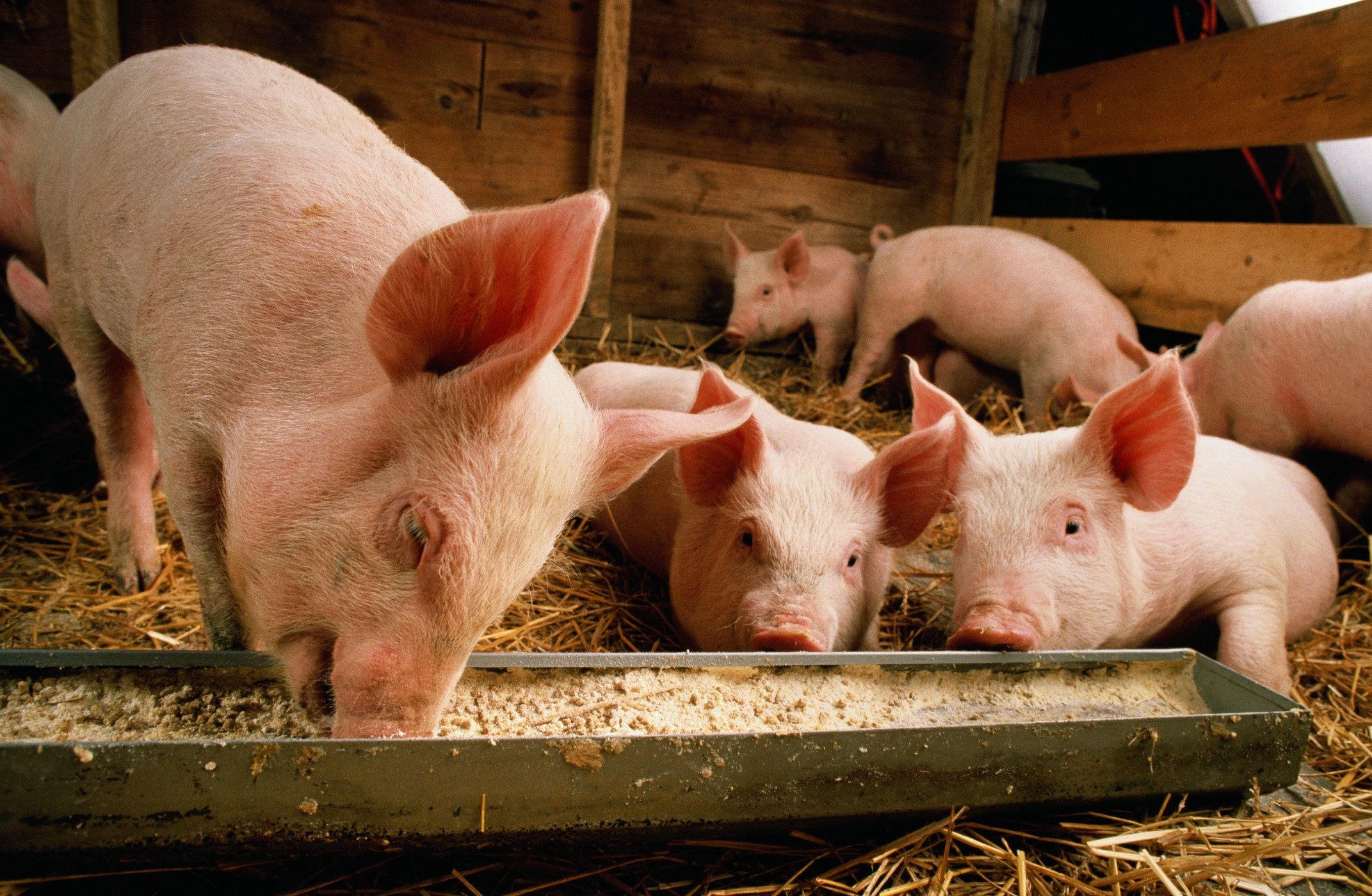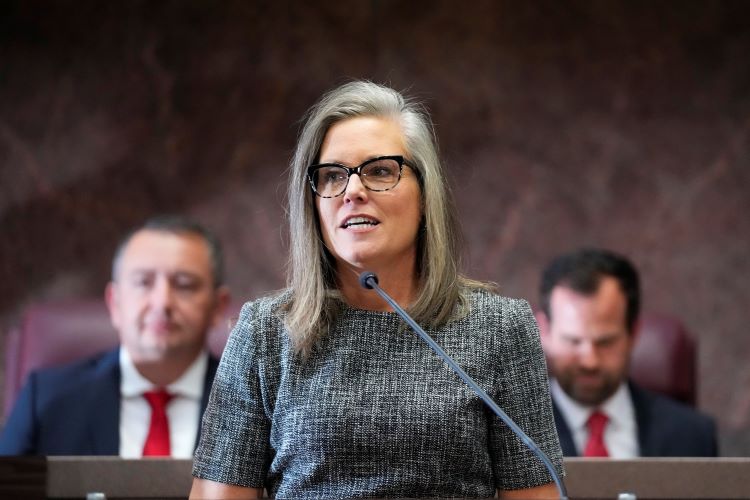Is It Legal to Rescue Farm Animals From Cruelty?
It is legal in many states to rescue dogs from hot cars if you see them suffering.
But if you try to rescue an abused farm animal, you could have the same experience as sisters Alexandra Paul (a former star on the “Baywatch” TV show) and Alicia Santurio. The California women face theft charges for rescuing two chickens destined for an allegedly inhumane slaughterhouse and are going to trial on March 7.
Animal cruelty laws, which exist in all 50 states in varying forms, generally protect pets — but not farm animals.
At the federal level, farms certified as “USDA Organic” are expected to treat animals humanely, but only a tiny percentage of farms are organic.
In other words, farm animals are considered commercial property.
Taking Action
In the last few years, about a dozen states have enacted laws prohibiting various kinds of restrictive cages and crates. But, in general, the law considers farm animals property with protections far weaker than those of pets.
Animal rights activists are trying to correct that disparity by employing tactics like the one Paul and Santurio executed with the chickens: Document abusive conditions, rescue animals from them, and seek publicity to draw attention to their actions.
Paul and Santurio are activists with the animal rights group Direct Action Everywhere, or DxE, which gained access to a chicken slaughterhouse owned by Foster Farms. Using infrared cameras, DxE documented the conditions inside (warning: video contains graphic content). Chickens were crushed, suffocated under piles of dead birds, and left for dead.
The sisters were arrested for theft after they took the chickens from a truck outside the slaughterhouse. They argue that their actions were no different than rescuing dogs locked in hot cars.
The law disagrees. But that is not stopping the farm-animal rescuers, who have mounted a string of these operations in recent years, often videotaping themselves in the act in an effort to provoke law enforcement into pursuing criminal trials against them.
They commit themselves to accepting their punishments in exchange for drawing attention to the animals’ plight, but in October 2022, two activists earned an acquittal. The two defendants videotaped the conditions inside a large pig farm, rescued two piglets from it, and then were charged with felony burglary and misdemeanor theft. The two men admitted what they’d done, but an eight-person jury acquitted them after a day of deliberation.
‘Ag Gag’ Laws
Farmers are fighting against animal rescuers by pushing for laws that make it illegal to photograph or videotape farm activity without the owners’ consent. These so-called “ag gag” laws are controversial because they raise serious constitutional questions about exempting private property from First Amendment review.
Farming operations are a critical part of the nation’s food supply, and courts have often taken a dim view of providing them protective cover. “The ability to investigate and document how our food is made is critical in ensuring a just and transparent food system that holds companies and government institutions accountable,” said David Muraskin, food-project litigation director for Public Justice, a nonprofit law firm.
On Feb. 23, the U.S. Court of Appeals for the Fourth Circuit became the latest court to strike down an ag-gag law as unconstitutional. In a split decision, the three-judge panel ruled that North Carolina’s ag-gag law violates free speech.
Ag-gag measures have been defeated or ruled unconstitutional in some 25 states but still exist in six states. So, the legal landscape does seem to indicate that monitoring animal abuse on farms is permissible in most states.
It doesn’t mean that trespassing and theft are permissible, but it does mean we at least have a right to know what is going on with the animals.
Related Resources
You Don’t Have To Solve This on Your Own – Get a Lawyer’s Help
Meeting with a lawyer can help you understand your options and how to best protect your rights. Visit our attorney directory to find a lawyer near you who can help.






